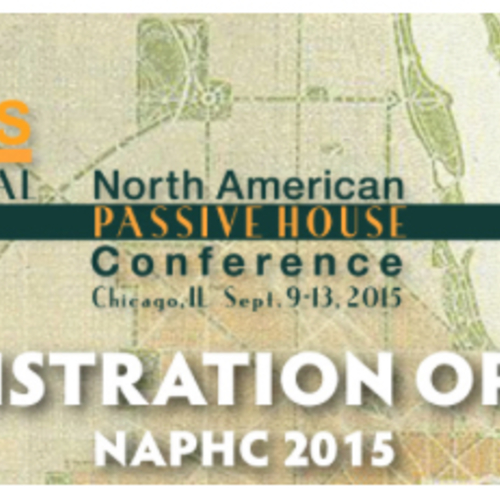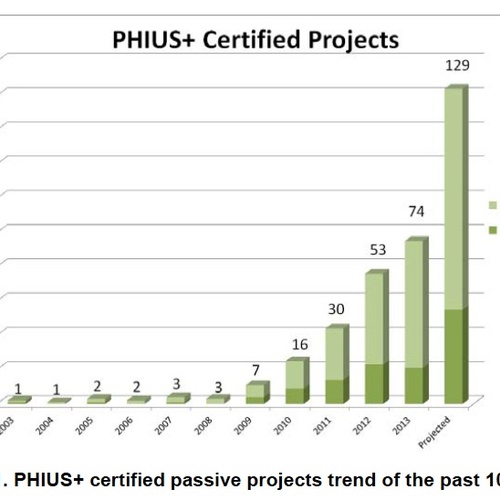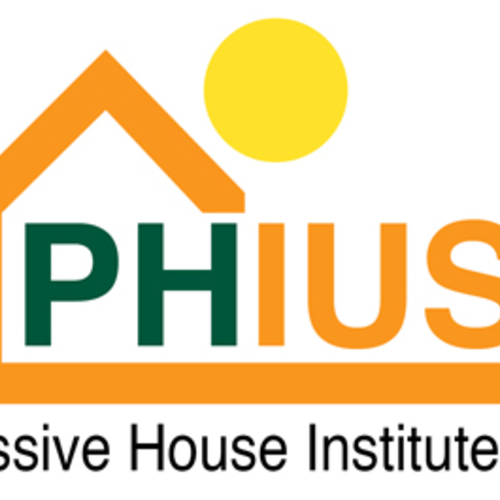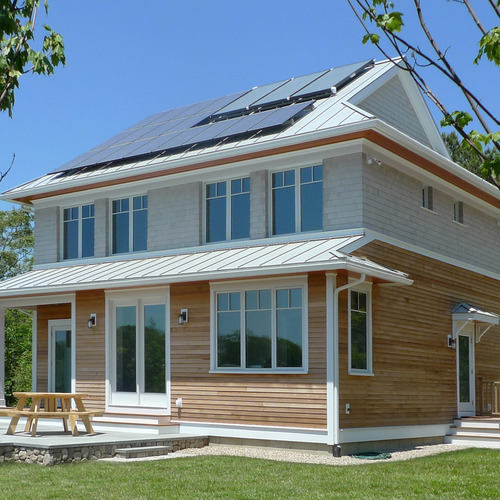
Passive House Institute U.S. (PHIUS) has organized a four-day online program in April that will focus on mechanical systems for low-load buildings.
“For some time we’ve honed best practices for envelopes, but mechanicals are still wonky, one-off solutions,” PHIUS Communications Director Michael Knezovich said in an email. “On one hand, we need to share and learn from what’s worked. On the other, we need to demonstrate to manufacturers that the market is there for systems tailored to low-load buildings to provide more off-the-shelf solutions.”
HVAC equipment for tight, high-efficiency homes can be a problem for designers. Much of the equipment on the market is designed for less energy-efficient buildings and has too much capacity for houses with very low heating and cooling loads. Oversized equipment is an added expense, and often runs inefficiently.
The program geared to this problem runs from Monday, April 19, through Thursday, April 22. Pre-recorded presentations around each day’s topic will be posted online, followed by an evening Zoom panel that includes practitioners and manufacturers. Registration information can be found here.
Here are some of the details as provided by PHIUS:
- April 19: Design Principles/Best Practices: balanced ventilation design principles for low-load buildings, ventilation-independent space conditioning, ventilation-integrated space conditioning, and domestic hot water basics
- April 20: Gap Solutions/Tools: Indoor air quality, filtration, ventilation in the kitchen, steps to ensure effective project management, certification and quality assurance during the design process, measured vs. modeled performance and how to improve results
- April 21: Products/Systems Design: integrated ventilation, space conditioning and controls, CERV ventilation systems, passive building mechanical systems, low-carbon HVAC, and centralized vs. decentralized dehumidification basics
- April 22: Zero Energy and Carbon/Electrification: The low-load building at the core of the renewable grid—hybrid wiring for AC/DC power, delivering information and electricity through low-voltage wiring, the other side of the meter and how that changes the economics of the transition
From 4-6 p.m. (Central) each day, presenters will summarize the content of the recorded material aired during the day, and then open it up to conversation and Q&As. PHIUS said each day’s live panel will count for two continuing education units.
Attendees can register for all four days at a discount or sign up for individual days. The cost of the full conference is $176 for members and $220 for non-members. Single-day presentations are $44 for members and $55 for non-members.
While this event will be online, Knezovich said PHIUS is hoping to host its annual conference in Tarrytown, New York, in October.
Scott Gibson is a contributing writer at GBA and Fine Homebuilding magazine.
Weekly Newsletter
Get building science and energy efficiency advice, plus special offers, in your inbox.















0 Comments
Log in or create an account to post a comment.
Sign up Log in